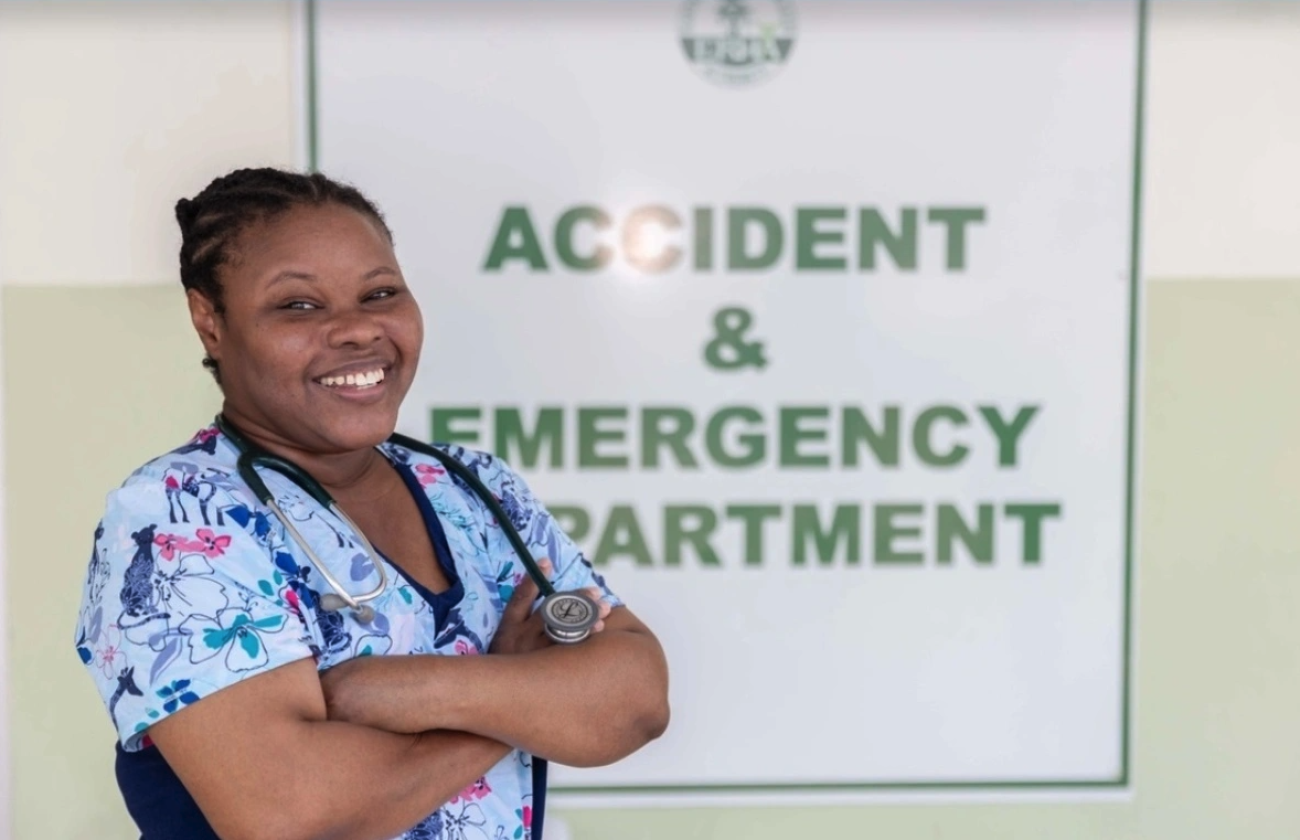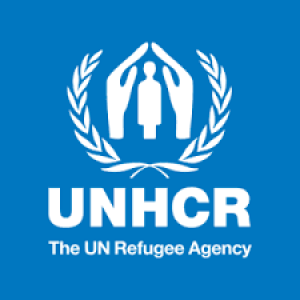UNHCR shares the story of Doctor Felicia Mathews bringing hope and comfort to refugees who face language barriers when accessing healthcare in T&T.
By Kalifa Klyne, UNHCR Trinidad and Tobago
In 2023, Dr. Felicia Mathews was unable to communicate with one of her patients for the first time in her long career, which has focused on assisting people in need of immediate medical attention.
Back then, when a very ill Venezuelan girl arrived with her parents at the Emergency Department in Sangre Grande, Dr. Mathews, an Emergency Medicine Specialist, was not able to talk to them about their daughter’s health and the need to urgently transfer her to a more equipped facility. She tried different ways to explain the situation, but the parents could not understand her and were clearly in distress. Dr. Matthews recalls that episode as highly challenging. Eventually, another parent volunteered to interpret, and the child was transferred to the Children’s Hospital to receive the treatment she needed.
This was the first time Dr. Mathews realized that learning a new language in her English-speaking country had become a core medical skill. Until then, Dr. Mathews' day-to-day routine encompassed treating physical and emotional trauma, but communication had not been an issue. When Spanish-speaking refugees and migrants started appearing in her emergency room, she felt impotent. For the first time, her words could not assist or comfort them.
Click here to continue reading this story on the website of UNHCR USA






